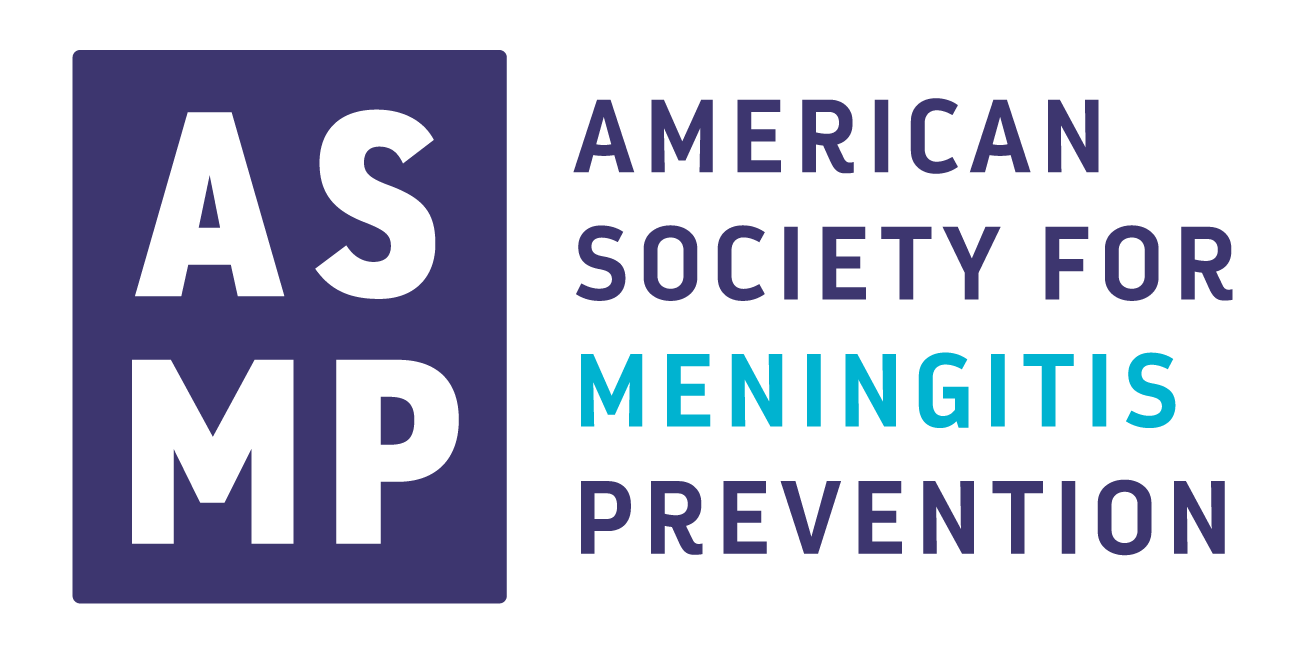Judy Miller
ASMP Advocate
On March 12, 1999, my daughter Beth, a 19-year-old sophomore at Eastern Illinois University, died from meningococcal meningitis caused by Neisseria meningitidis bacteria. Three weeks before contracting bacterial meningitis, Beth developed a strep infection. She had a history of frequent strep infections and had a pacemaker due to one. At the university’s health services, the triage nurse did not conduct a strep test, and Beth's symptoms were initially mild.
Despite worsening symptoms, she delayed seeking care, and when her roommates finally took her to the campus Health Services, the doctor spent less than 10 minutes with her, prescribing Dramamine and oral penicillin. By 3 am the next morning, her condition had deteriorated severely, and she was rushed to the ER, where the diagnosis was quickly identified.
Beth was transferred to Carle Hospital in critical condition, where we arrived to find her in isolation and attached to a morphine pump. Although initially hopeful, her condition worsened, and by evening, her heart arrested due to brain swelling. The next day, she was declared brain dead, and we were able to donate her organs, saving three lives.
Afterward, we learned that three other students at Eastern had died of bacterial meningitis in the past 10 years. When Beth and I attended freshman orientation, Menomune was listed as a vaccine, but no explanation was given about its importance. Had I known there was a vaccine for bacterial meningitis and that Beth was at risk, I would have ensured she was vaccinated.
In 2000, we helped pass a law in Illinois requiring state universities to educate students and parents about bacterial meningitis and keep vaccines on campus. A state law now mandates vaccination for students 11 years and older.
Photo of Judy’s daughter, Beth


